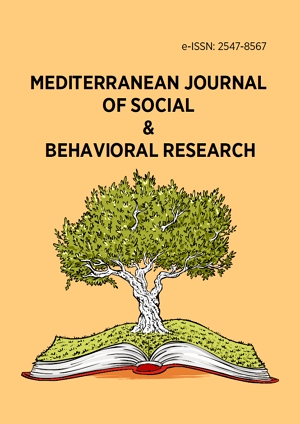Abstract
The advent of urban education, in America, brought about the recognition of the cultural and environmental ‘cognitives’ as they relate to students in industrialized states. The imperatives surrounding the education of these students require that educators factor diverse cultural identities, languages (foreign and dialects), ‘challenged’ economic situations, and limited funding for public education into their curriculum planning. The new frontier of Southern, urban education is looming before pedagogy and administrators presently. America’s Southern regions are booming with population and economic growth. Currently, the primary and secondary schools of the Southern regions rank poorly against their Northern counterparts. These (newly) recognized urban students lack fundamental proficiency in math, English, and Science. Most are IT illiterate. The deficient practices of the schools that educate or mal-educate these pupils must be acknowledged and hopefully changed.
This paper seeks to explore the role historical elements of urban education and the methodologies (successful and non-successful) that are part of this discipline. Southern, urban education and the different and/or similar practices (past and present) will be explored with a focus upon the new challenges within.
License
This is an open access article distributed under the Creative Commons Attribution License which permits unrestricted use, distribution, and reproduction in any medium, provided the original work is properly cited.
Article Type: Research Article
MEDITERR J SOC BEH RES, Volume 3, Issue 2, June 2019, 17-23
https://doi.org/10.30935/mjosbr/9589
Publication date: 01 Aug 2019
Article Views: 1887
Article Downloads: 1083
Open Access References How to cite this article
 Full Text (PDF)
Full Text (PDF)